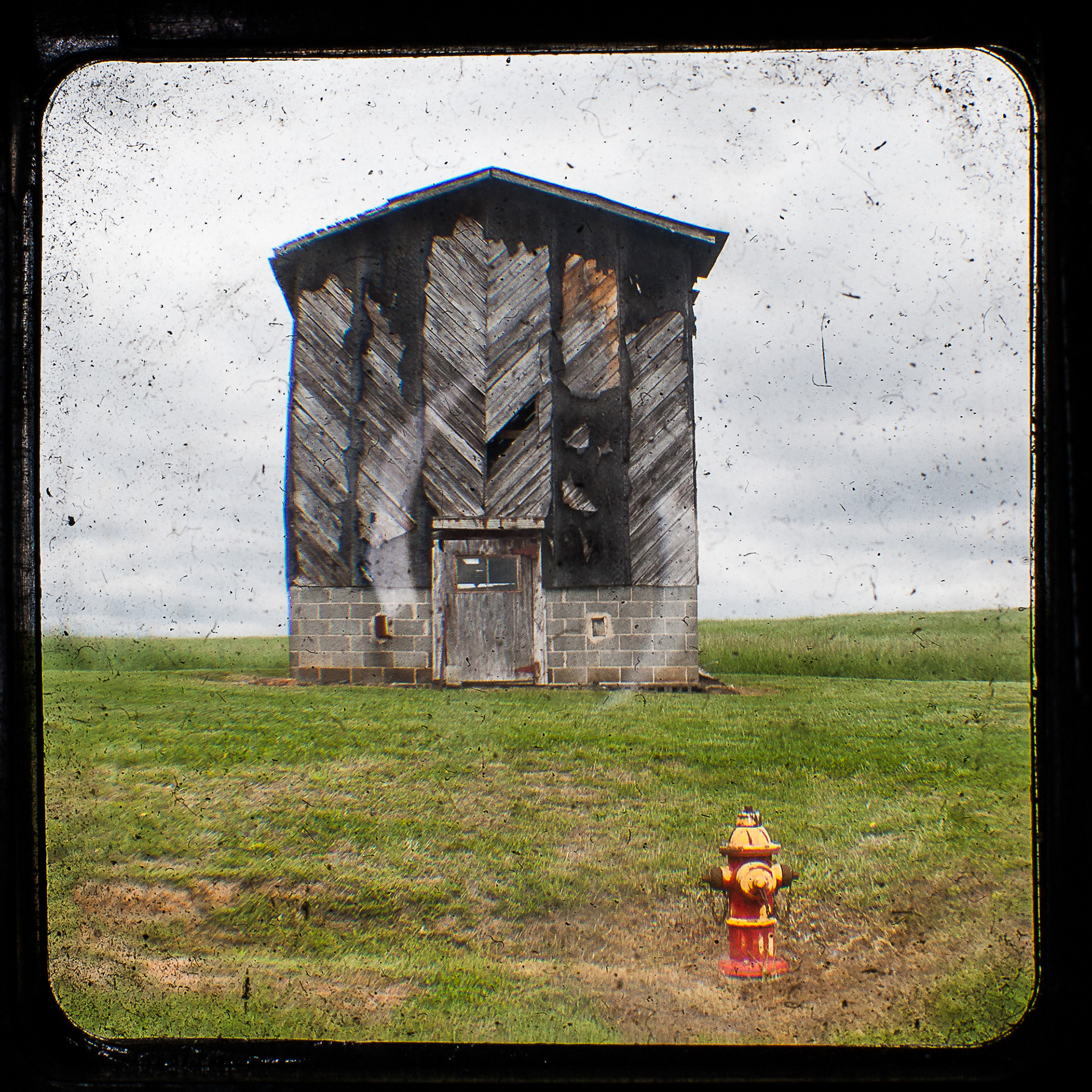
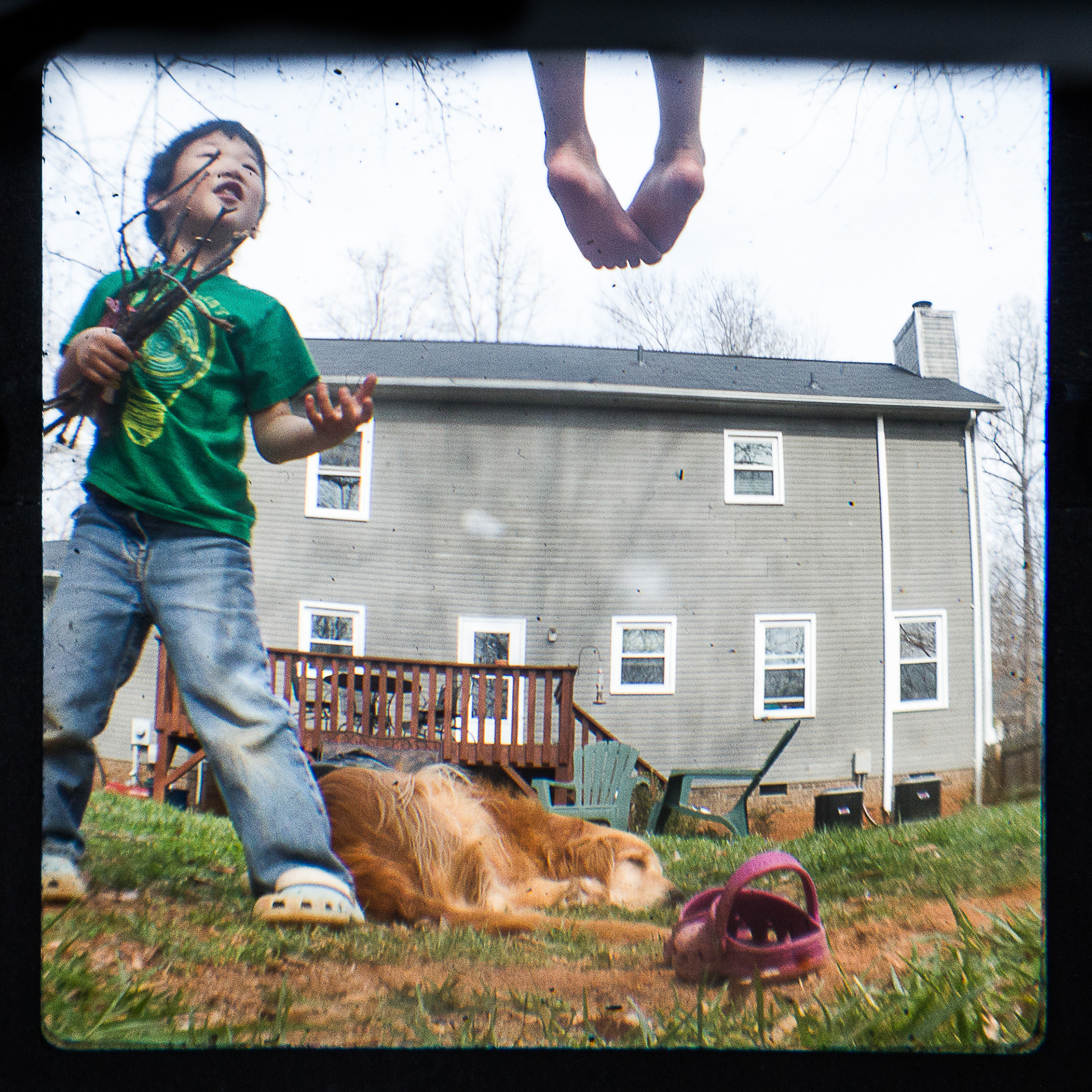


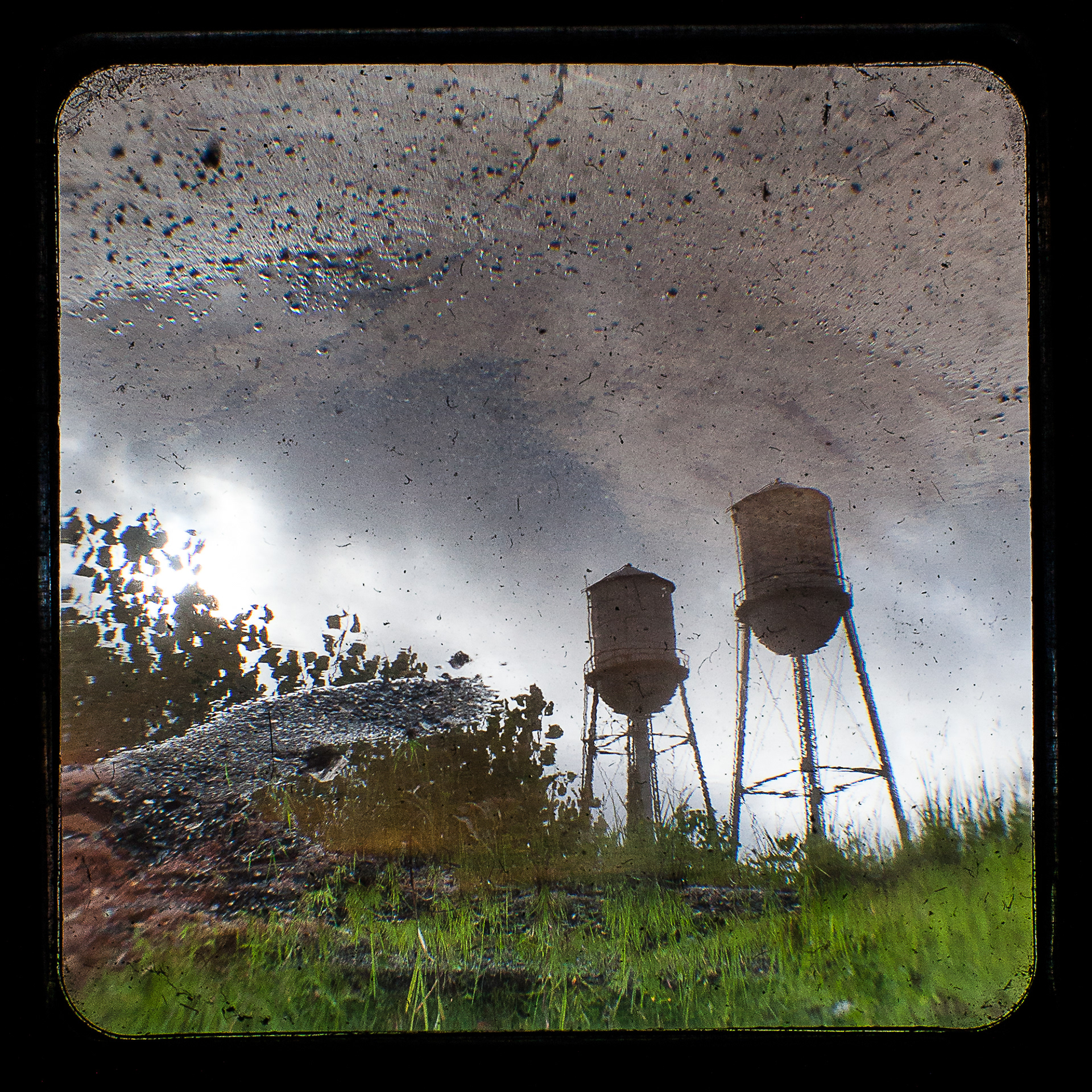

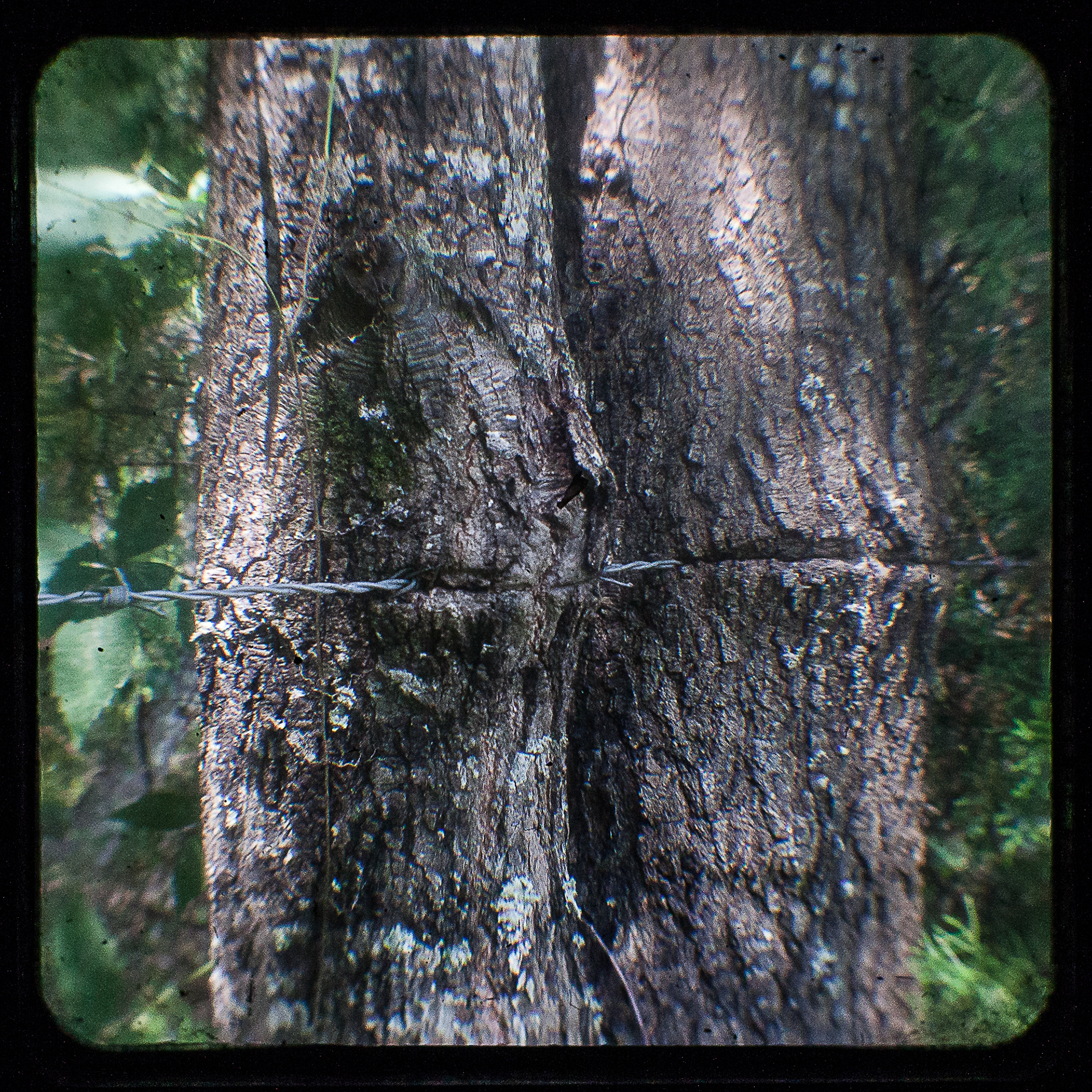

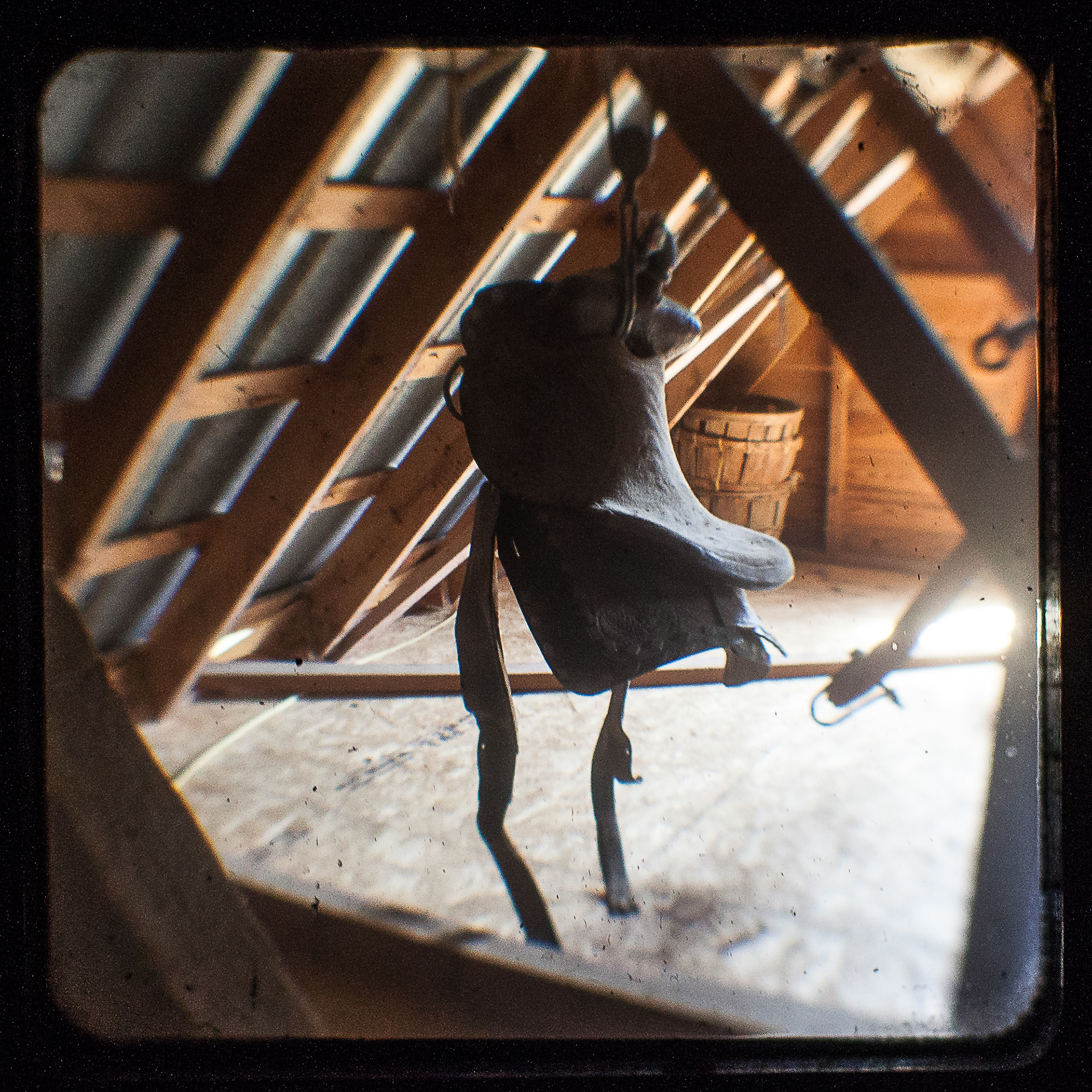
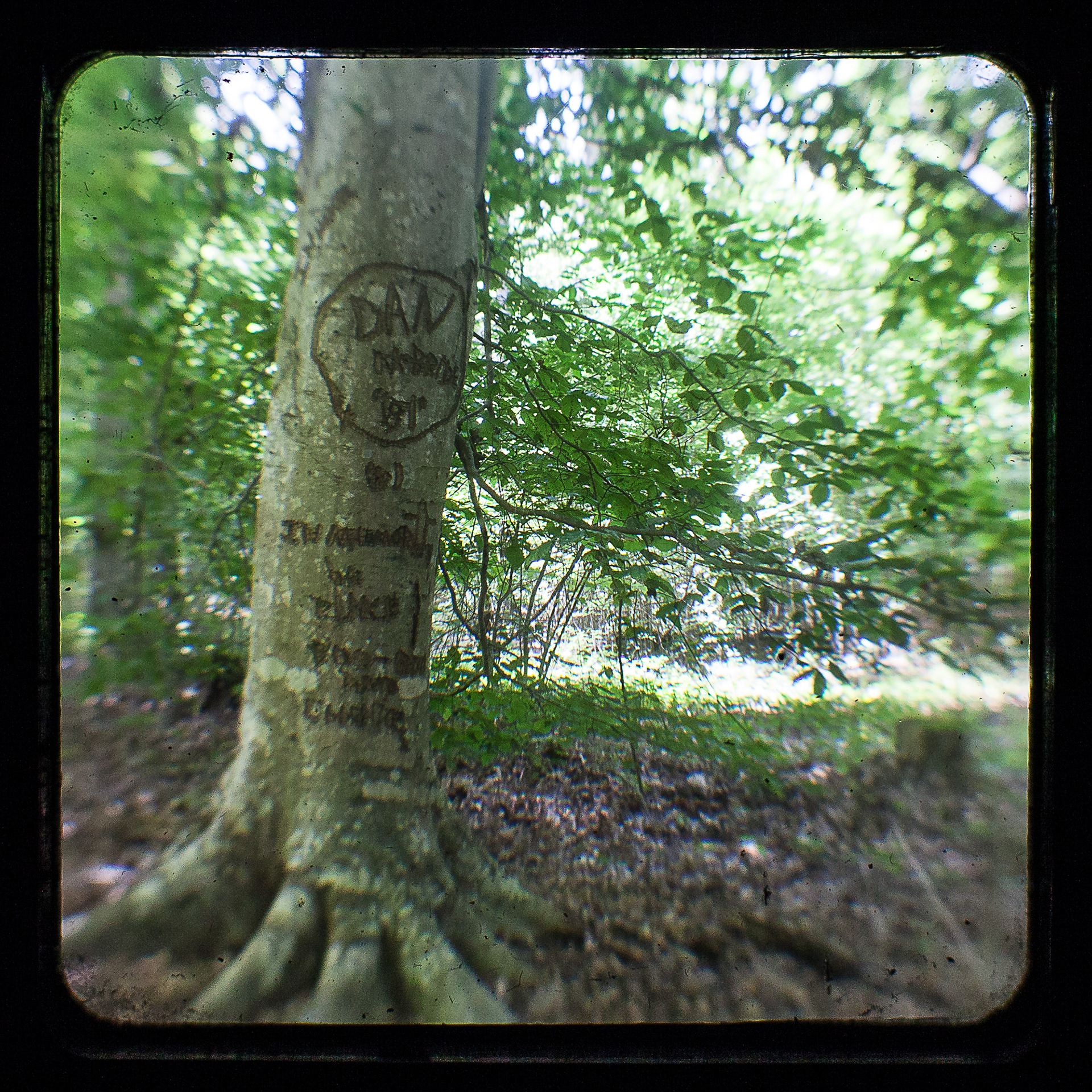


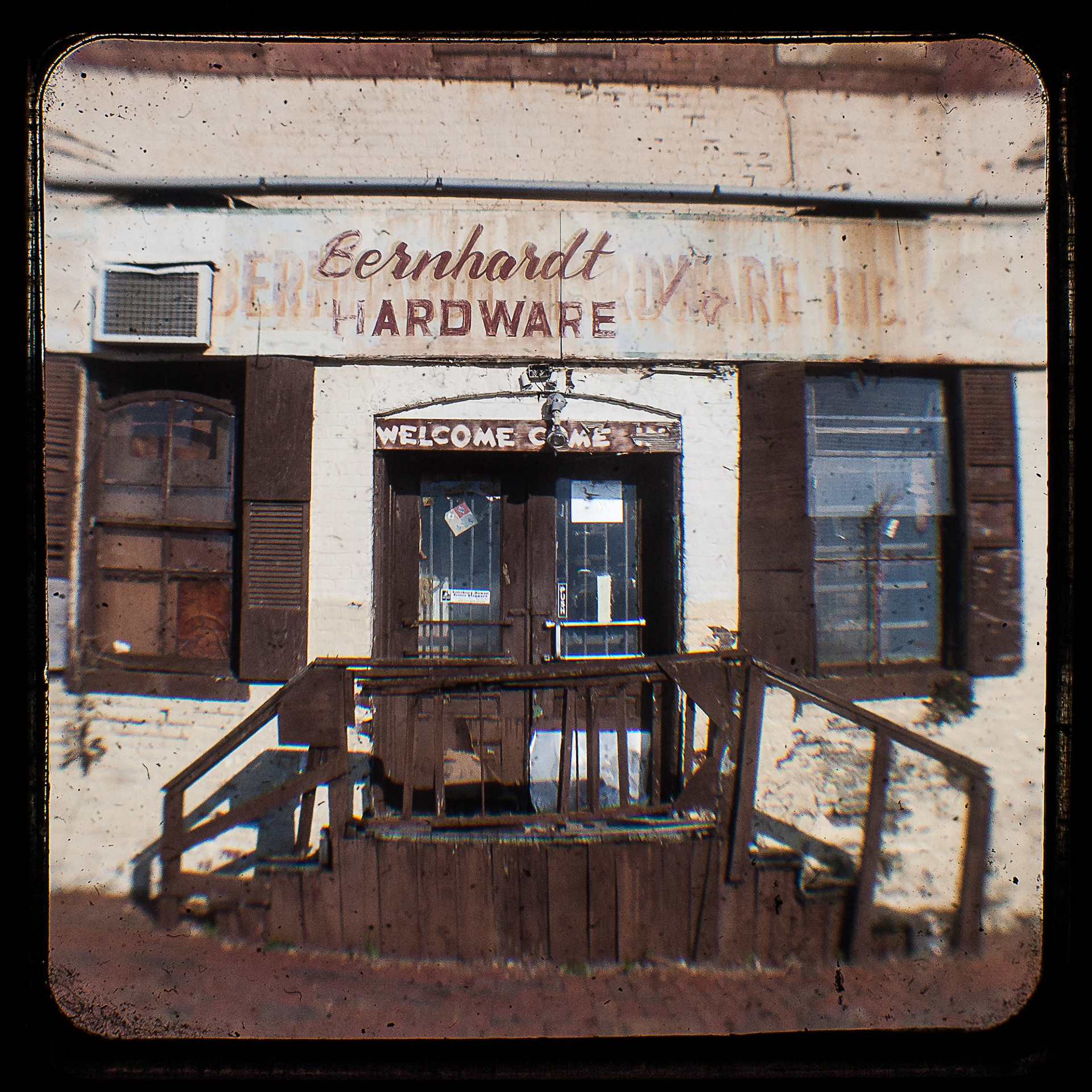
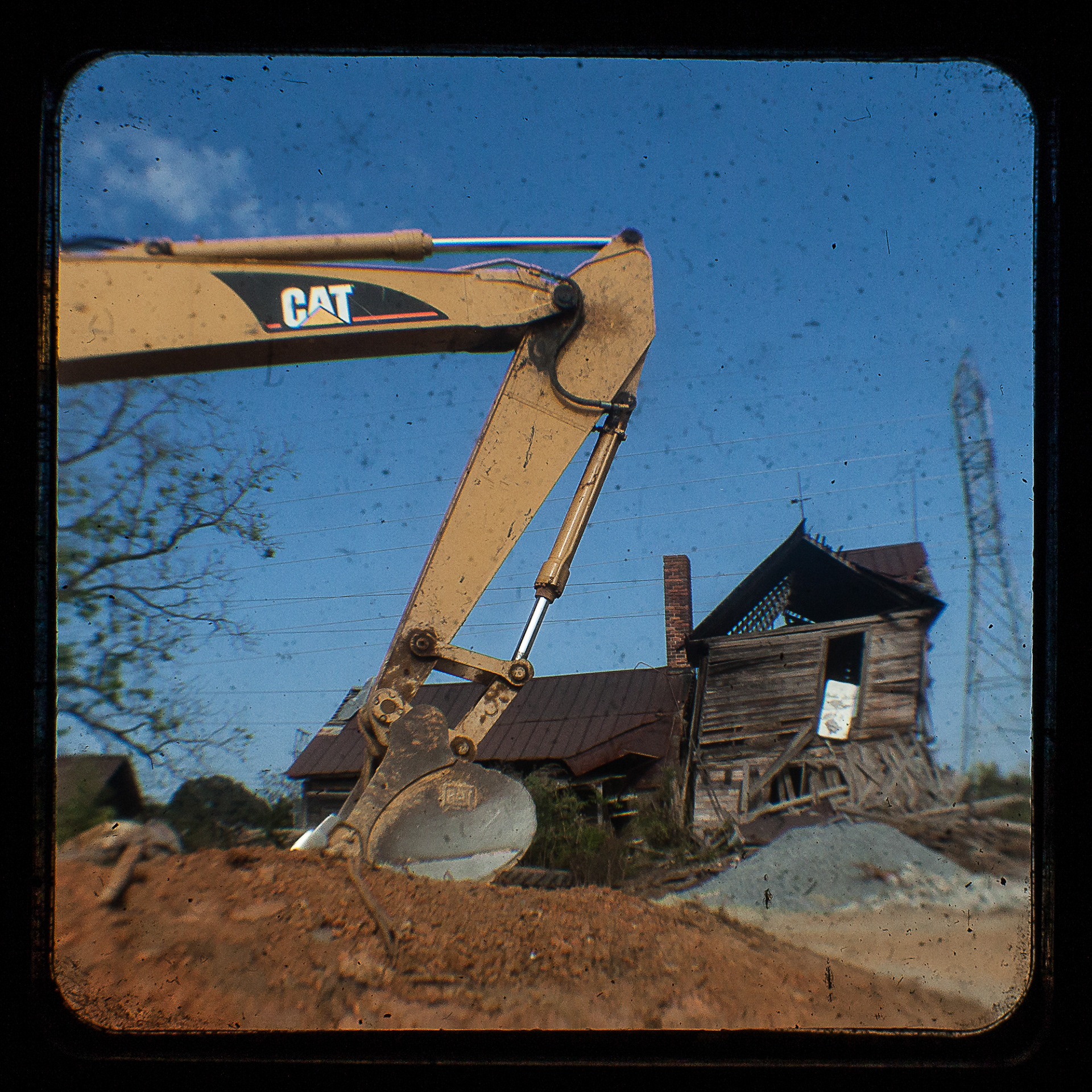
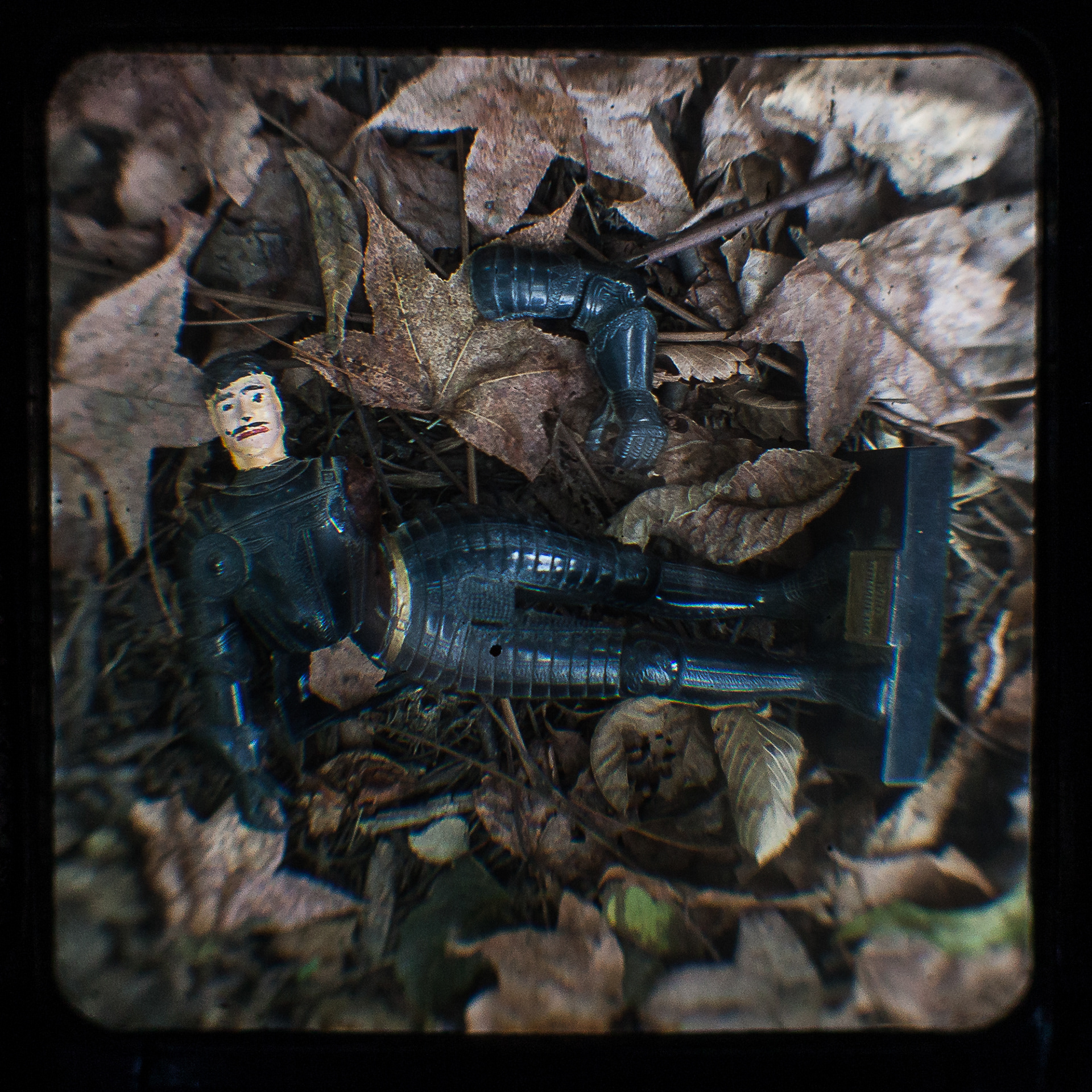
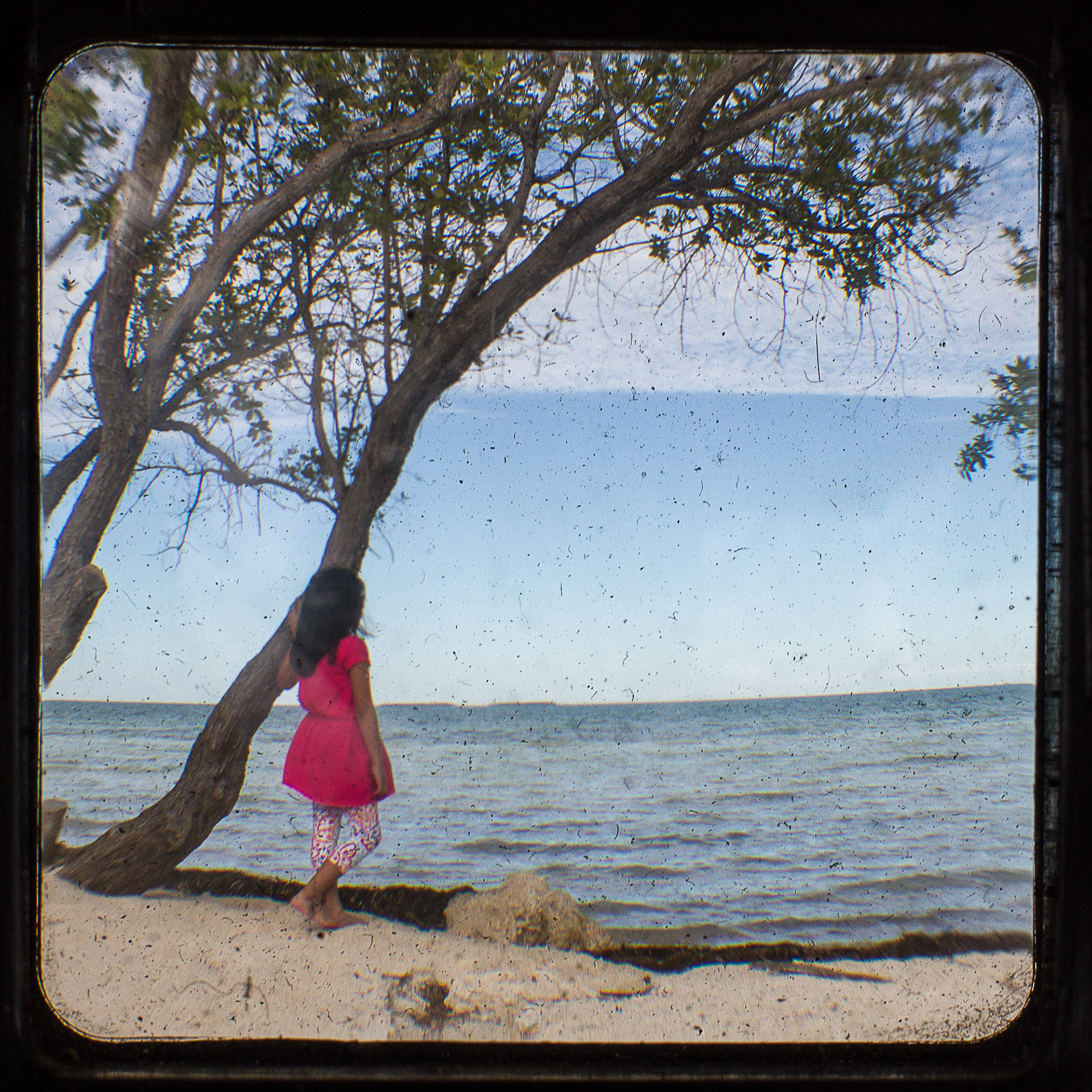

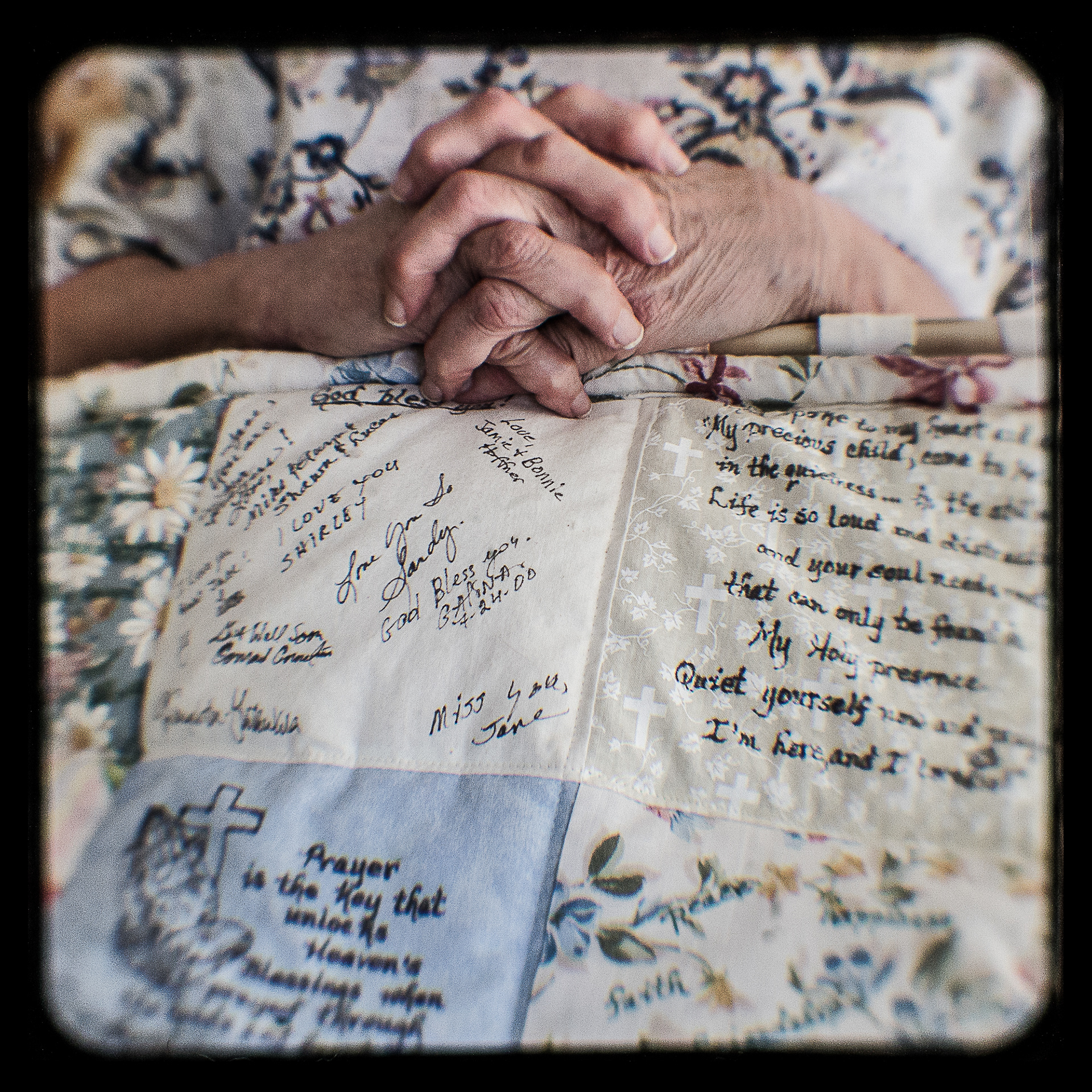

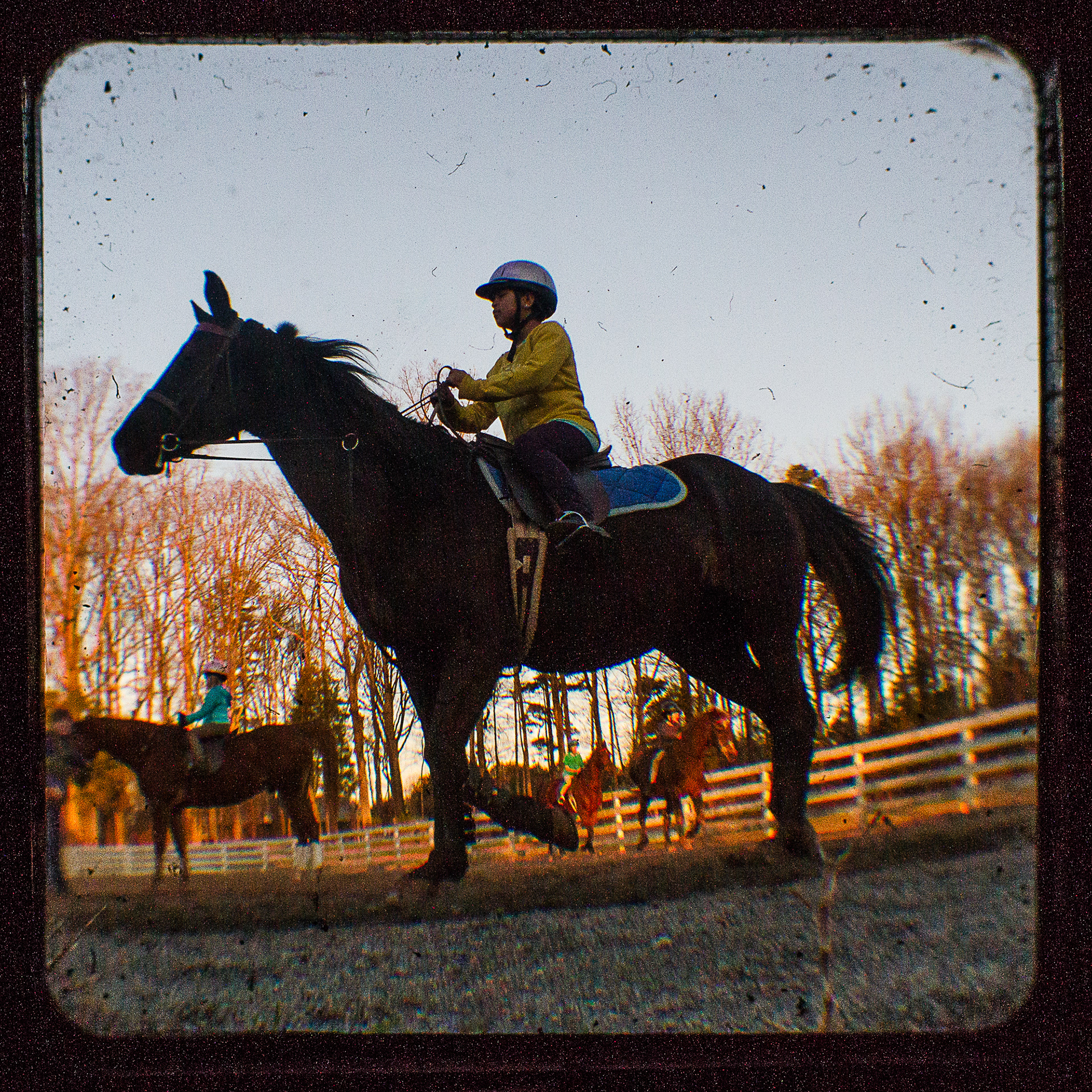

In the 17th century, nostalgia was thought to be a disease. Soldiers would go to war only to become homesick; leeches, opium, or a trip back home were thought to be cures. Later it was found that nostalgia is an incurable condition. The home we long for is never the same when revisited, nor is the person making the journey. What is often desired is not for a place but for a different time, a time of our childhood, when life was simpler and seemed to flow to a slower rhythm. Memory is hazy and selective with events and time casually connected. It is constructed from personal recollections, old photographs, stories we hear, and the assumptions we make. Events overlap and details are forgotten. We are left with a mixture of myth and reality. These images are representative of a journey of memory and nostalgia that shift in time and place. Remembering the past is to experience it again, but not in the same way as the first time. I no longer see things as a child, but as an adult with a wife and children of my own. I am often left with a sense of loss and questions that go unanswered.




















